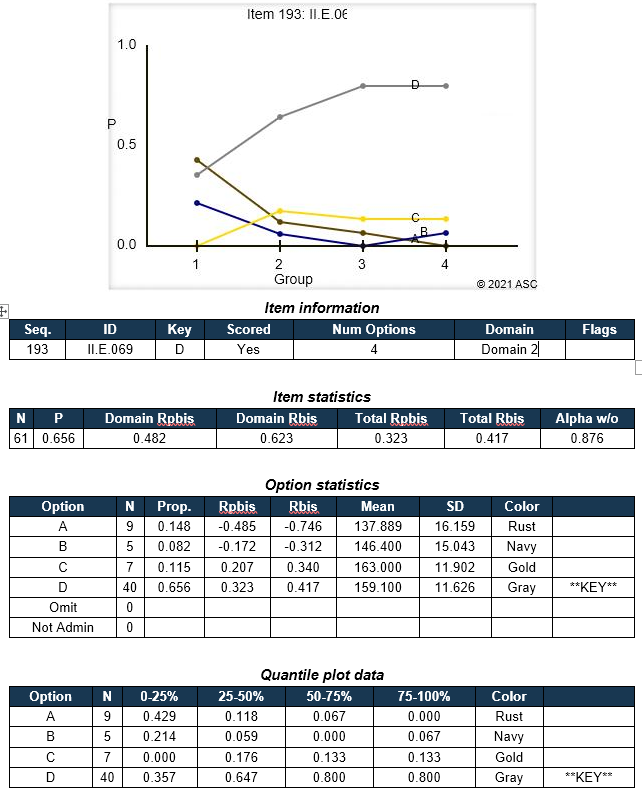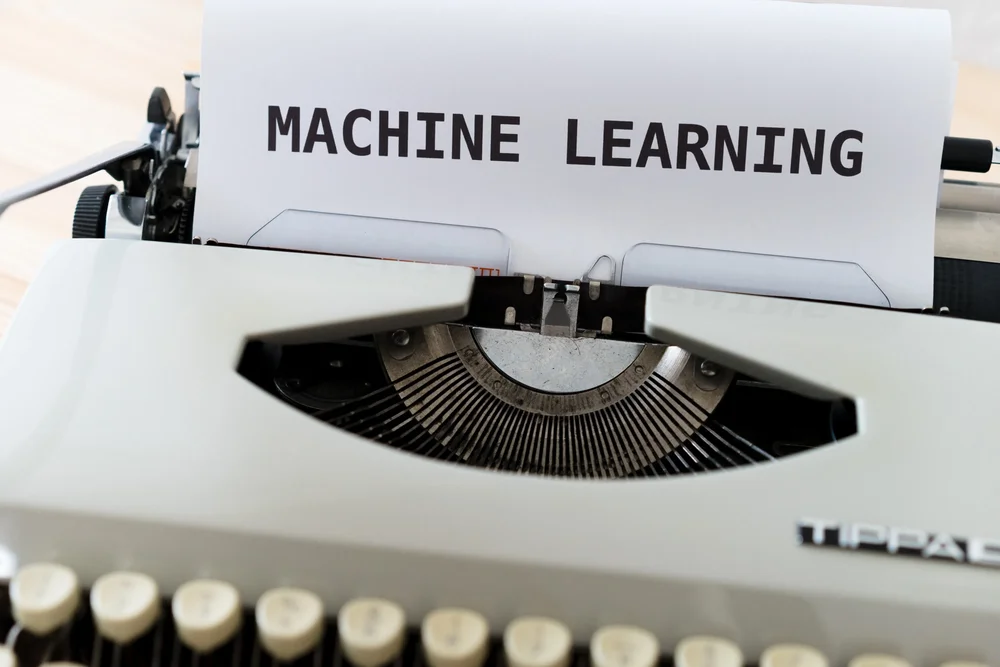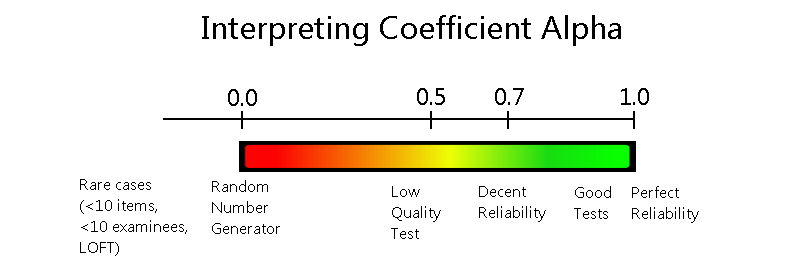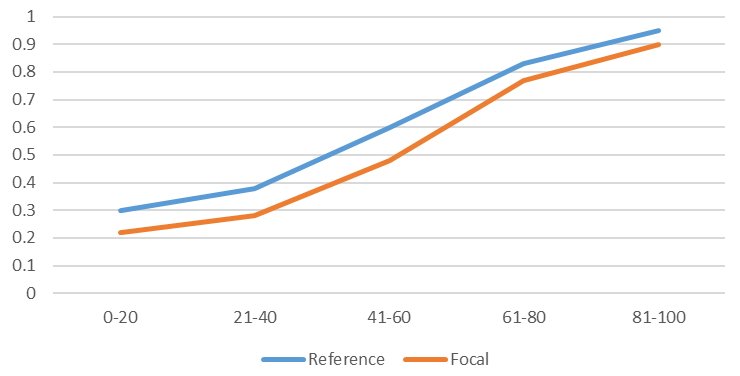
ASC’s Blog: Resources on Assessment, Psychometrics, & Edtech
ASC continually posts new resources and articles on our blog, covering industry news, scholarly conferences, and discussions of important psychometric concepts. See the most recent articles in the blog below.

Four-Fifths Rule: Fair Employment Selection
The Four-Fifths Rule is a term that refers to a guideline for fairness in hiring practices in the USA. Because…

Classical Test Theory: Item Statistics
Classical Test Theory (CTT) is a psychometric approach to analyzing, improving, scoring, and validating assessments. It is based on relatively…

Content Validity in Assessment
Content validity is an aspect of validity, a term that psychometricians use to refer to evidence that interpretations of test…

Predictive Validity of Test Scores: Why so Critical for Pre-Employment and Higher Education?
Predictive Validity is a type of test score validity which evaluates how well a test predicts a future variable, and…

Classical Test Theory vs. Item Response Theory
Classical Test Theory and Item Response Theory (CTT & IRT) are the two primary psychometric paradigms. That is, they are…

All Psychometric Models Are Wrong
The British statistician George Box is credited with the quote, “All models are wrong but some are useful.” As psychometricians,…

Best Online Proctoring Providers: The Alternative List You Need
There are many online proctoring providers on the market today, so how can you strategically shop for one? This post…

Digital Badges for Skills and Credentials
Digital badges (aka e-badges) have emerged in today’s digitalized world as a powerful tool for recognizing and showcasing individual’s accomplishments…

ANSI ISO/IEC 17024 Accreditation for Certifications
ANSI ISO/IEC 17024 accreditation is an internationally recognized standard for the accreditation of personnel certification bodies. That is, it is…

The Graded Response Model – Samejima (1969)
Samejima’s (1969) Graded Response Model (GRM, sometimes SGRM) is an extension of the two parameter logistic model (2PL) within the…

What is Automated Essay Scoring?
Automated essay scoring (AES) is an important application of machine learning and artificial intelligence to the field of psychometrics and…

What ChatGPT brings us for item writing
Even those ones who do not consider themselves technology buffs have heard about ChatGPT. Today, everybody is talking about ChatGPT—a…

Artificial Intelligence (AI) in Education & Assessment: Opportunities and Best Practices
Artificial intelligence (AI) is poised to address some challenges that education deals with today, through innovation of teaching and learning…

Coefficient Alpha Reliability Index
Coefficient alpha reliability, sometimes called Cronbach’s alpha, is a statistical index that is used to evaluate the internal consistency or…

Differential Item Functioning (DIF)
Differential item functioning (DIF) is a term in psychometrics for the statistical analysis of assessment data to determine if items…

“Dichotomous” Vs “Polytomous” in IRT?
What is the difference between the terms dichotomous and polytomous in psychometrics? Well, these terms represent two subcategories within item…

Gamification in Learning & Assessment
Gamification in assessment and psychometrics presents new opportunities for ways to improve the quality of exams. While the majority of…

Meta-analysis in Assessment
Meta-analysis is a research process of collating data from multiple independent but similar scientific studies in order to identify common…
